
Abbottabad: The Gateway to the Himalayas
Abbottabad is a serene city nestled in the Hazara region of Pakistan's Khyber Pakhtunkhwa province. Known for its cool climate and lush greenery, it is a perfect retreat for those looking to escape the hustle and bustle of urban life. The city, named after Major James Abbott who founded it in 1853, is a blend of colonial charm and natural beauty. One of the key attractions of Abbottabad is its proximity to the magnificent Himalayan range. It serves as a starting point for many trekking and hiking expeditions into the northern mountains, making it a haven for adventure enthusiasts. The city is also home to several picturesque parks and gardens, such as the Ayubia National Park and Shimla Hill, where you can enjoy breathtaking views and peaceful walks. Abbottabad is not just about nature; it also offers a glimpse into the rich cultural tapestry of Pakistan. The town boasts a number of historical sites and museums that reflect its colonial past and local heritage. The Ilyasi Mosque, carved out of a single rock, stands as a testament to the city's architectural prowess. The bustling local bazaars offer a variety of traditional handicrafts, textiles, and delicious street food that will delight any visitor.
Local tips in Abbottabad
- Bring comfortable shoes for hiking and exploring the natural parks and trails.
- Visit during the spring or autumn seasons to enjoy the best weather and scenic beauty.
- Hire a local guide for trekking trips; they offer valuable insights and ensure safety.
- Don't miss the local markets; they are perfect for buying unique souvenirs and tasting traditional foods.
- Respect local customs and dress modestly, especially when visiting religious sites.
Abbottabad: The Gateway to the Himalayas
Abbottabad is a serene city nestled in the Hazara region of Pakistan's Khyber Pakhtunkhwa province. Known for its cool climate and lush greenery, it is a perfect retreat for those looking to escape the hustle and bustle of urban life. The city, named after Major James Abbott who founded it in 1853, is a blend of colonial charm and natural beauty. One of the key attractions of Abbottabad is its proximity to the magnificent Himalayan range. It serves as a starting point for many trekking and hiking expeditions into the northern mountains, making it a haven for adventure enthusiasts. The city is also home to several picturesque parks and gardens, such as the Ayubia National Park and Shimla Hill, where you can enjoy breathtaking views and peaceful walks. Abbottabad is not just about nature; it also offers a glimpse into the rich cultural tapestry of Pakistan. The town boasts a number of historical sites and museums that reflect its colonial past and local heritage. The Ilyasi Mosque, carved out of a single rock, stands as a testament to the city's architectural prowess. The bustling local bazaars offer a variety of traditional handicrafts, textiles, and delicious street food that will delight any visitor.
When is the best time to go to Abbottabad?
Iconic landmarks you can’t miss
Ayubia National Park
Explore the breathtaking beauty of Ayubia National Park, a natural paradise in Khyber Pakhtunkhwa, perfect for hiking, wildlife spotting, and breathtaking views.
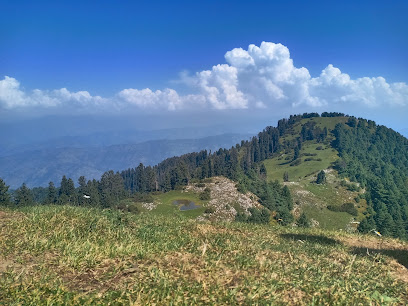
Ilyasi Masjid
Explore the architectural beauty and serene ambiance of Ilyasi Masjid, a significant cultural and spiritual landmark in Abbottabad, Pakistan.
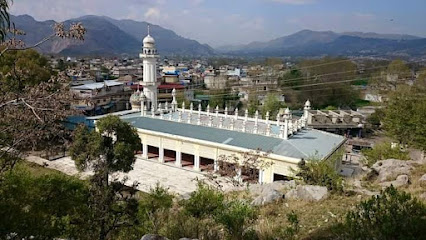
Lady Gorden Public Park
Discover the natural beauty and tranquility of Lady Gorden Public Park, a perfect retreat for relaxation and recreation in Abbottabad, Pakistan.
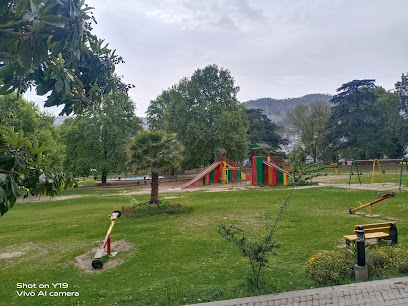
Thandiani Top
Discover the enchanting beauty of Thandiani Top in Abbottabad, Khyber Pakhtunkhwa, where nature meets tranquility and adventure awaits.
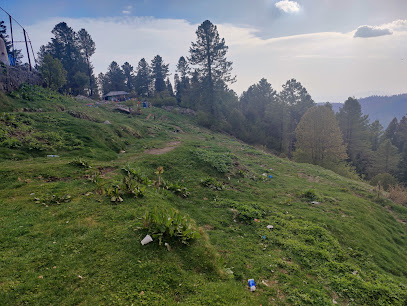
Shimla Pahari Park
Experience the breathtaking beauty and tranquility of Shimla Pahari Park in Abbottabad, a perfect escape for nature lovers and families alike.
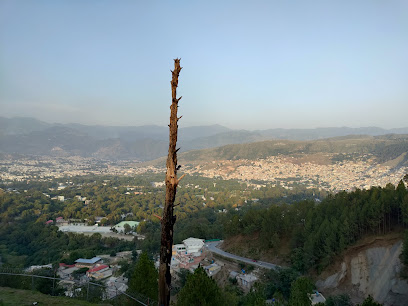
Usmania Restaurant
Experience the authentic flavors of Pakistan at Usmania Restaurant, a culinary haven for tourists in Abbottabad.
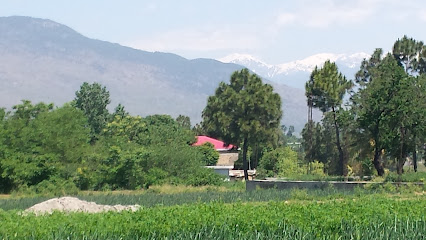
Baloch Mess
Experience the rich flavors of Pakistani cuisine at Baloch Mess in Abbottabad, surrounded by breathtaking landscapes and warm hospitality.
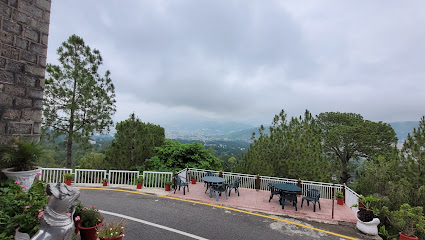
Ayubia Motto Tunnel
Discover the enchanting Ayubia Motto Tunnel, where history meets the breathtaking beauty of Khyber Pakhtunkhwa's landscapes, perfect for nature lovers and adventurers.
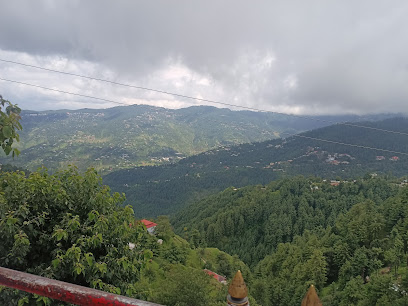
Harnoi Picnic Point, Abbottabad
Discover the lush tranquility of Harnoi Picnic Point in Abbottabad, a perfect destination for family picnics and breathtaking scenic views.
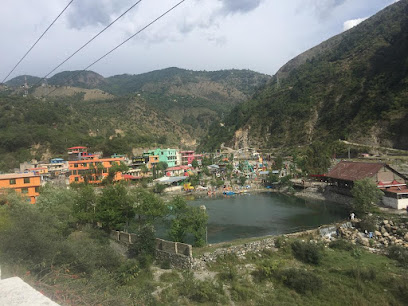
MNAK Restaurant Abbottabad
Discover the rich flavors of Abbottabad at MNAK Restaurant, where local traditions meet culinary excellence in a welcoming atmosphere.
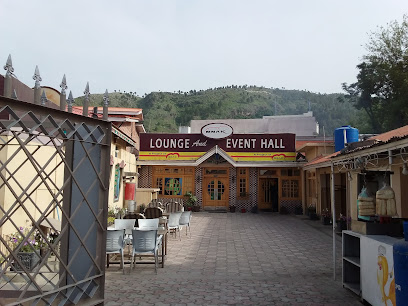
Jadoon Plaza Phase 2
Discover the vibrant shopping experience at Jadoon Plaza Phase 2, a premier retail and dining destination in Abbottabad, Khyber Pakhtunkhwa.
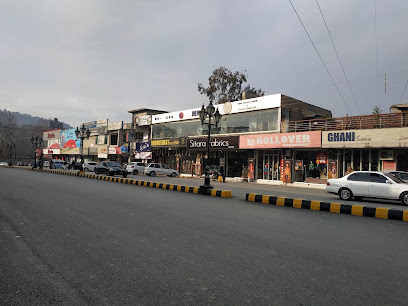
Abbottabad Chairlift
Discover the Abbottabad Chairlift in Khyber Pakhtunkhwa, where breathtaking views and thrilling rides through lush landscapes await.
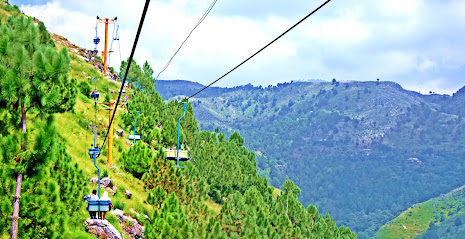
deMinister Cafe, Abbottabad
Explore the culinary delights of Abbottabad at deMinister Cafe, where diverse flavors meet a cozy atmosphere for an unforgettable dining experience.
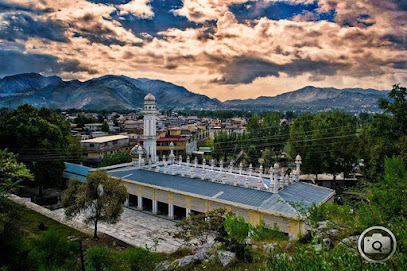
Jadoon Plaza Phase 1
Experience the vibrant shopping atmosphere at Jadoon Plaza Phase 1, Abbottabad's premier shopping destination offering diverse retail and dining options.
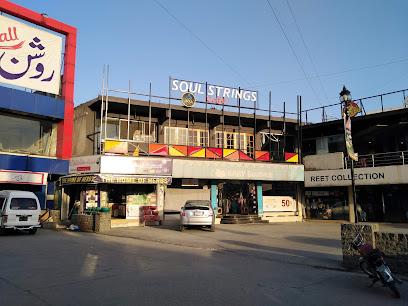
Kashmir Cloth Shopping Mall
Discover the vibrant textiles and fashion at Kashmir Cloth Shopping Mall in Abbottabad, where every garment tells a story.
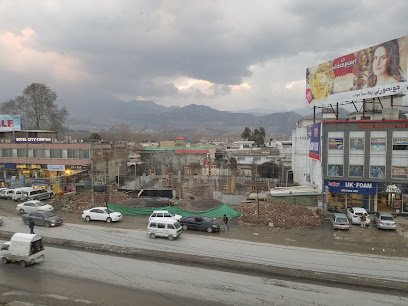
Unmissable attractions to see
Kashmir Point
Discover the breathtaking views and serene beauty of Kashmir Point in Murree, the perfect escape for nature lovers and adventure seekers.
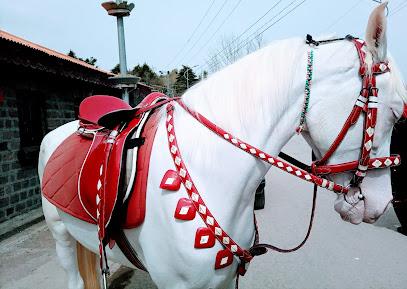
Ilyasi Masjid
Explore the stunning Ilyasi Masjid in Abbottabad, a beautiful fusion of spirituality and architectural brilliance amidst serene landscapes.
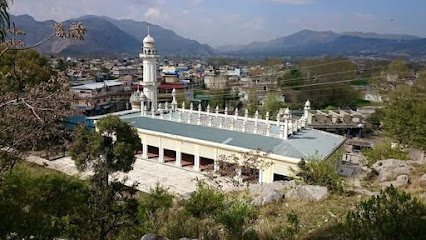
Lady Gorden Public Park
Explore the lush landscapes and tranquil ambiance of Lady Gorden Public Park, a serene retreat in the heart of Abbottabad, Pakistan.
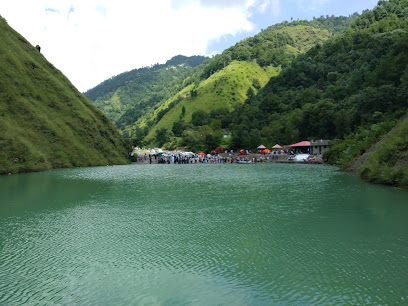
Thandiani Top
Discover the breathtaking beauty of Thandiani Top in Abbottabad, Pakistan, offering stunning mountain views and a serene escape for nature lovers.
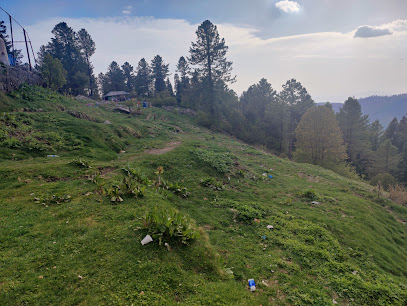
Shimla Pahari Park
Experience the tranquil beauty of Shimla Pahari Park, a stunning natural escape in Abbottabad, Khyber Pakhtunkhwa, perfect for relaxation and exploration.
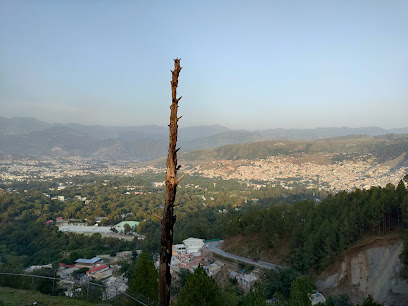
Khanpur Dam
Experience the natural beauty and adventure at Khanpur Dam, a stunning reservoir in Haripur, Khyber Pakhtunkhwa, Pakistan, ideal for outdoor enthusiasts.
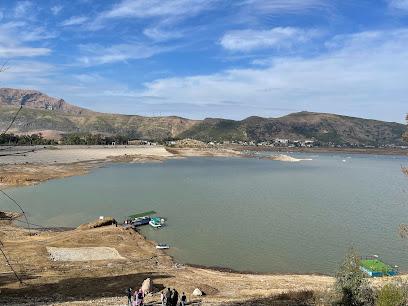
Harnoi Picnic Point, Abbottabad
Discover the breathtaking beauty of Harnoi Picnic Point in Abbottabad, where nature meets family fun in a serene setting.
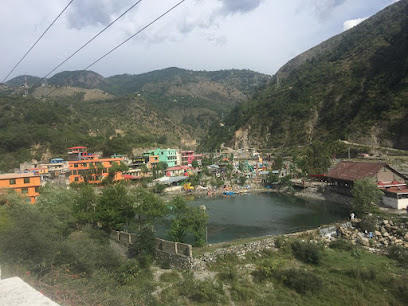
Kaghan Valley
Experience the breathtaking beauty of Kaghan Valley in Pakistan, where nature's splendor meets adventure in every corner.
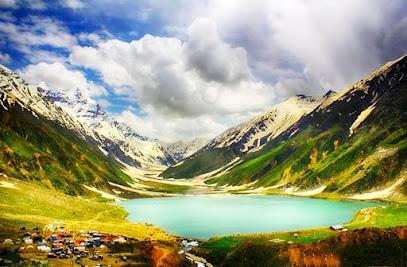
Abbottabad Chairlift
Explore Abbottabad Chairlift: A stunning aerial journey through the lush landscapes of Khyber Pakhtunkhwa, perfect for adventure and relaxation.
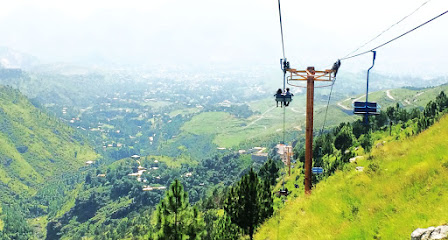
Company Bagh
Discover tranquility at Company Bagh, a beautiful garden in Abbottabad, where nature meets relaxation in a vibrant oasis.
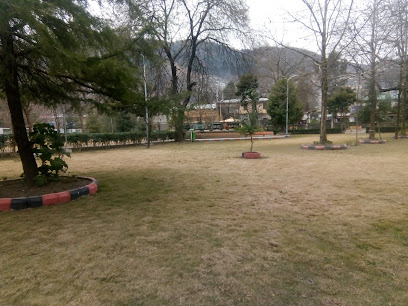
Harnoi Waterfall
Explore the breathtaking Harnoi Waterfall in Abbottabad, a stunning natural attraction that promises tranquility and adventure in Khyber Pakhtunkhwa, Pakistan.
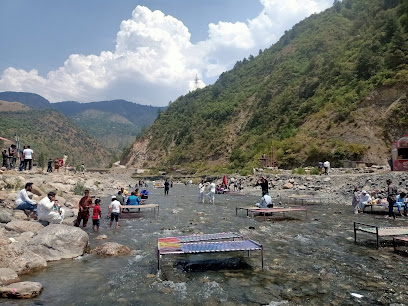
Sajikot Waterfall
Discover the breathtaking beauty of Sajikot Waterfall, a hidden gem in Abbottabad, Khyber Pakhtunkhwa, perfect for nature lovers and adventure seekers.
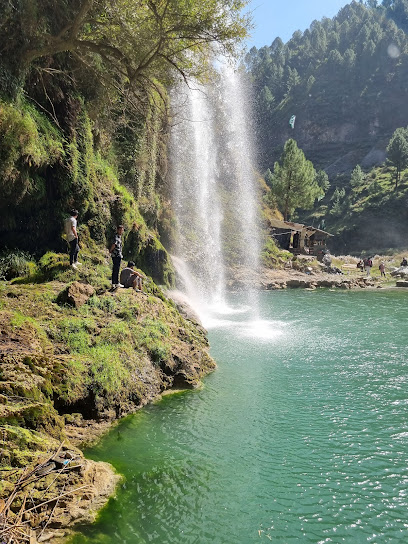
Jail Ground Park Mexico Ground
Experience the tranquil charm of Jail Ground Park in Abbottabad, a perfect escape for nature lovers and families seeking relaxation and recreation.
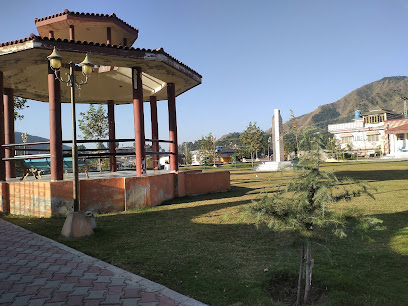
Global Park
Discover the natural beauty and recreational charm of Global Park, a tranquil escape in Abbottabad, Khyber Pakhtunkhwa, perfect for families and nature lovers.
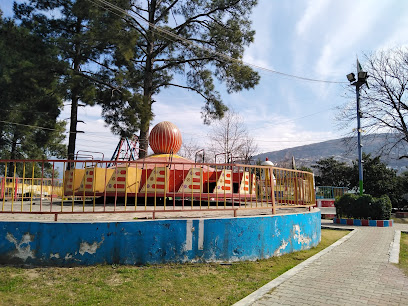
ART Tanzara Gallery
Explore contemporary Pakistani art at ART Tanzara Gallery in Saidpur Village, a cultural gem in Islamabad's vibrant art scene.
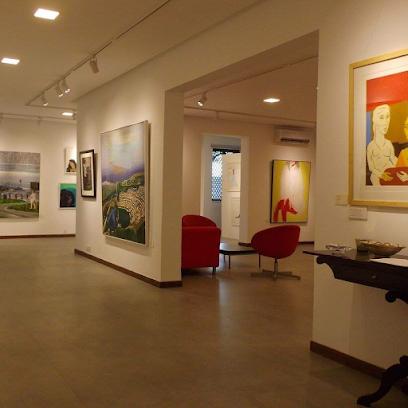
Essential places to dine
Usmania Restaurant
Discover the authentic flavors of Pakistan at Usmania Restaurant in Abbottabad – where every meal tells a story.
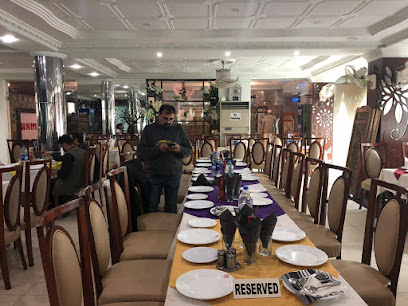
Food Planet
Discover the flavors of Abbottabad at Food Planet - where delicious meets delightful in every bite!
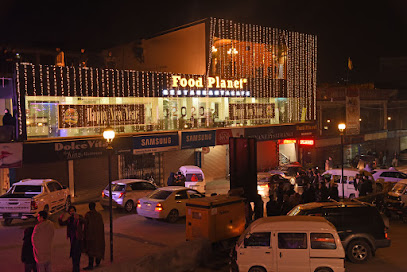
Shinwari Dhera
Experience authentic Pakistani cuisine at Shinwari Dhera in Abbottabad—where flavors meet tradition in every dish.
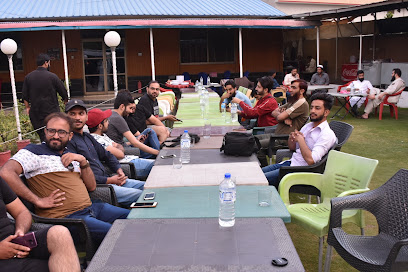
MNAK Restaurant Abbottabad
Experience authentic Pakistani cuisine at MNAK Restaurant in Abbottabad—where flavor meets tradition in every dish.
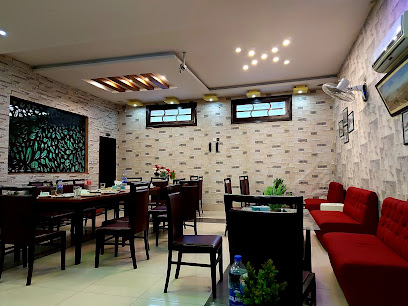
Pizza Hut
Savor the flavors of Italy at Pizza Hut Abbottabad - your go-to spot for delicious pizzas and hearty meals in Khyber Pakhtunkhwa.
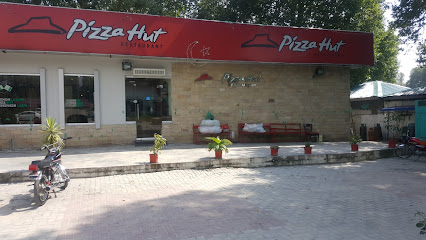
deMinister Cafe, Abbottabad
Discover deMinister Cafe: A culinary haven in Abbottabad offering diverse dishes from fast food to gourmet delights.
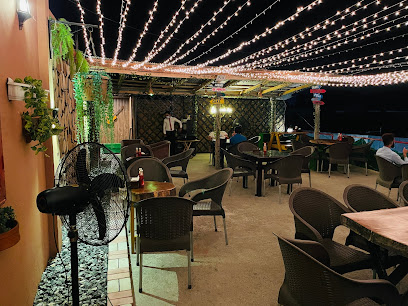
Bismillah Hotel & Restaurant
Experience authentic Pakistani flavors at Bismillah Hotel & Restaurant in Abbottabad – where delicious meets affordable.
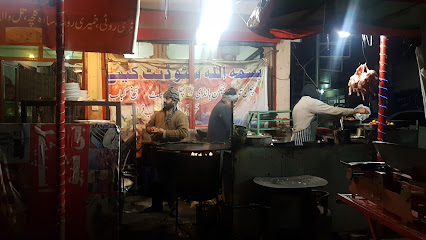
Saif Restaurant
Experience the authentic taste of Pakistan at Saif Restaurant in Abbottabad - where traditional flavors meet warm hospitality.
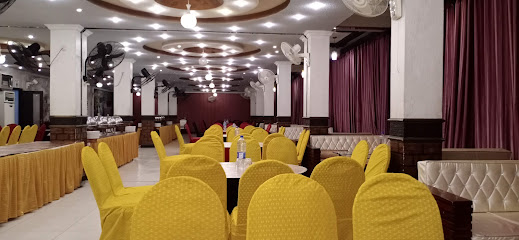
Urban cafe & restaurant
Discover Abbottabad's vibrant Urban Cafe & Restaurant - where local flavors meet global cuisine in a cozy setting.
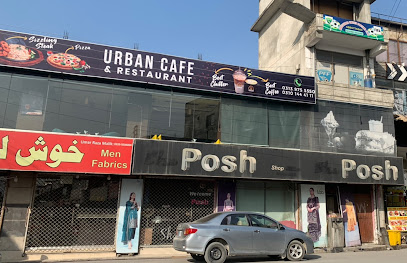
Red Onion Restaurant
Experience authentic Pakistani cuisine at Red Onion Restaurant in Abbottabad - where flavors meet hospitality.
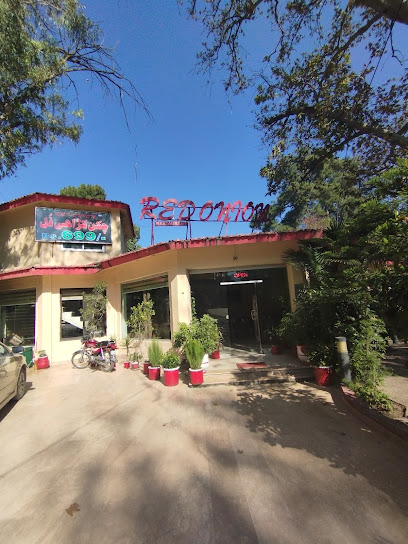
Italian Pizza Abbottabad
Experience the true taste of Italy with delicious pizzas crafted from fresh ingredients at Italian Pizza Abbottabad.
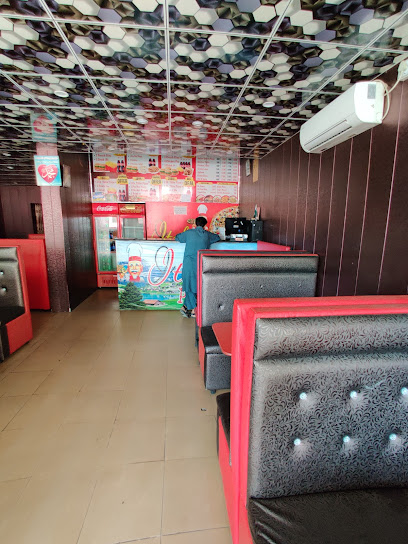
Taste Planet Abbottabad
Experience diverse culinary delights at Taste Planet Abbottabad – from fast food to fresh seafood in a cozy atmosphere.
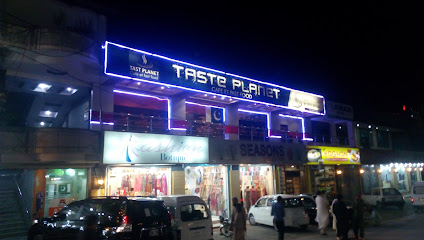
Khabbay Ki Sajji
Experience the authentic taste of Pakistan at Khabbay Ki Sajji in Abbottabad—where tradition meets flavor.
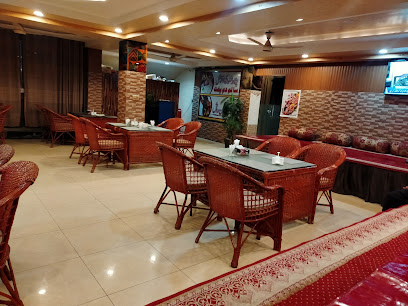
Sapna Shinwari Restaurant
Experience authentic Pakistani cuisine at Sapna Shinwari Restaurant in Abbottabad - perfect for families and food lovers alike.
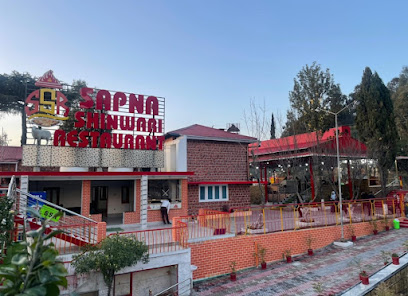
Aroma Cafe & Restaurant
Discover the flavors of Abbottabad at Aroma Cafe & Restaurant – where every dish tells a story.
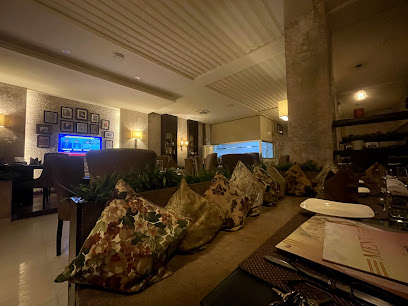
Markets, malls and hidden boutiques
Kashmir Cloth Shopping Mall
Discover a treasure trove of clothing and accessories at Kashmir Cloth Shopping Mall, a vibrant shopping destination in Abbottabad, Pakistan.
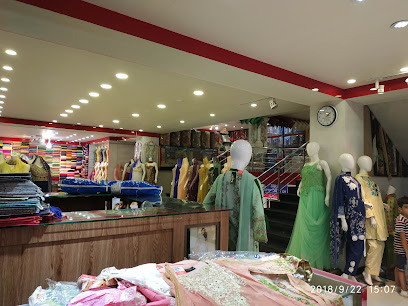
Outfitters Abbottabad
Explore Outfitters Abbottabad for the best shopping experience in Khyber Pakhtunkhwa, featuring a wide range of clothing options for every style.
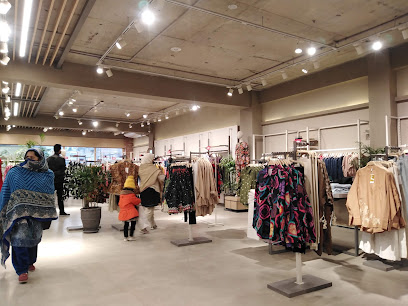
Chen One Abbotabad
Discover stylish, affordable fashion at Chen One Abbotabad, where shopping meets the scenic beauty of Khyber Pakhtunkhwa.
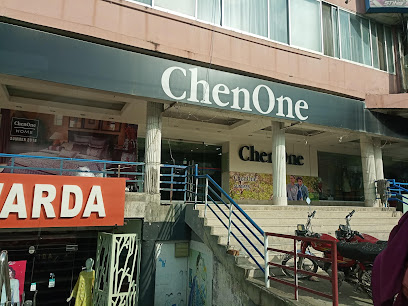
Nishat Linen
Discover the finest in Pakistani fashion at Nishat Linen, where traditional elegance meets contemporary style in Abbottabad.
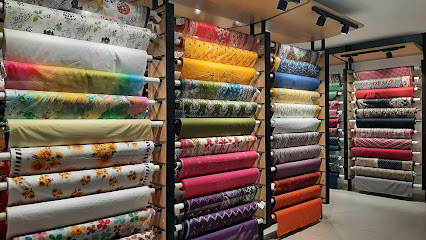
Billa Cloth Shopping Mall
Discover a variety of clothing styles at Billa Cloth Shopping Mall in Abbottabad, the ultimate shopping destination for fashion enthusiasts.
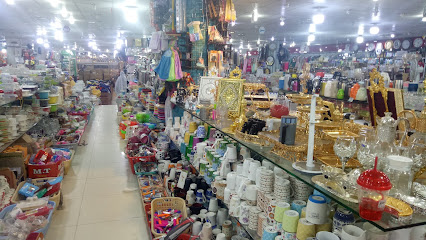
Ethnic
Explore the essence of Pakistani fashion at Ethnic, Abbottabad's premier clothing store, offering a blend of traditional and modern styles.
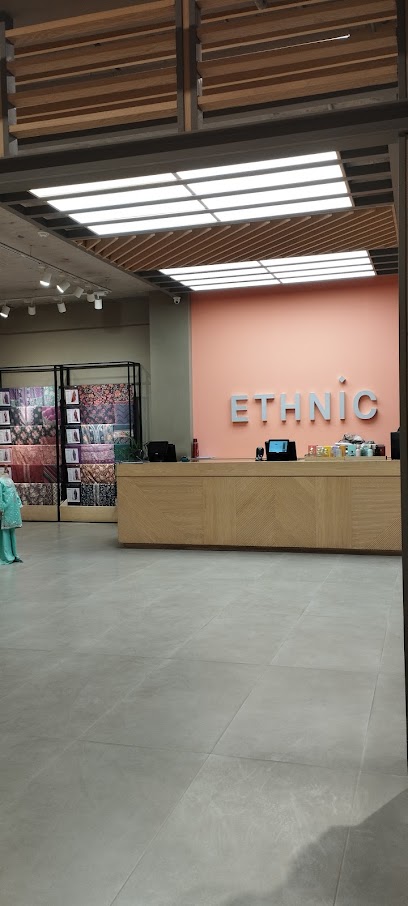
Events n Gifts by Asim Abbottabad Islamabad
Discover the ultimate event management experience with Events n Gifts by Asim Abbottabad, where creativity meets professionalism for unforgettable celebrations.
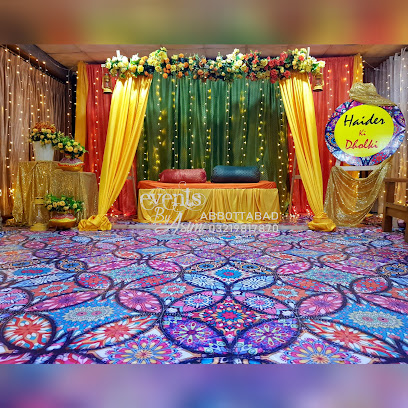
Glorious Gifts
Explore Abbottabad's Glorious Gifts for unique souvenirs, local crafts, and expert event planning services that celebrate every special occasion.
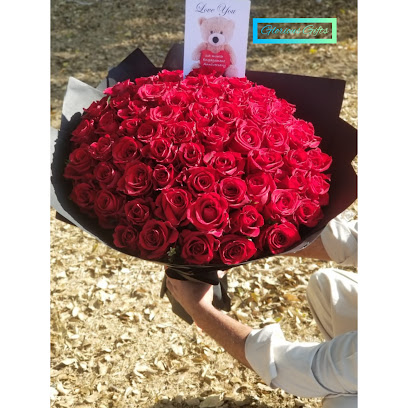
The Gift Shop
Discover unique souvenirs and local crafts at The Gift Shop in Abbottabad, a treasure trove of cultural keepsakes.
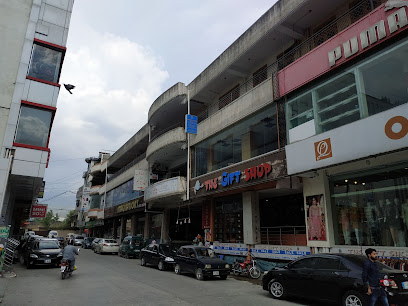
Osama's home decor & cosmetic
Explore the vibrant offerings at Osama's Home Decor & Cosmetic in Abbottabad, where local artistry meets unique home goods and beauty products.
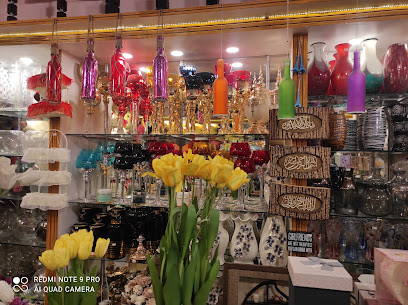
Handmade Pakistan
Discover the rich cultural heritage of Pakistan at Handmade Pakistan, where exquisite craftsmanship meets genuine style.
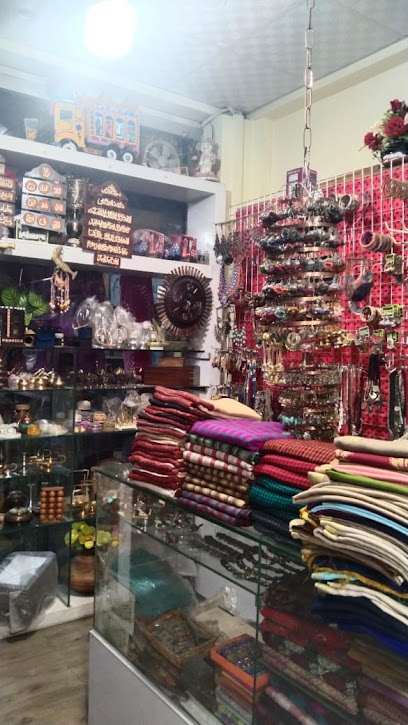
Baba General Store
Explore Abbottabad's local culture at Baba General Store, a charming spot for essentials and unique finds in Khyber Pakhtunkhwa.
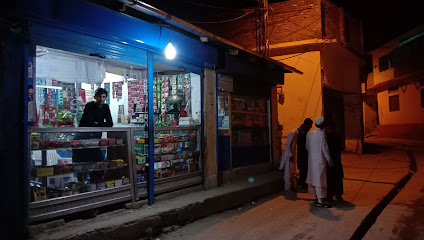
Ideal Super Store
Discover the vibrant Ideal Super Store in Abbottabad, a perfect shopping destination for locals and tourists with an array of products and local treasures.

Mamu Tuck Shop
Experience the local essence at Mamu Tuck Shop, your go-to general store in Abbottabad for snacks, souvenirs, and warm hospitality.
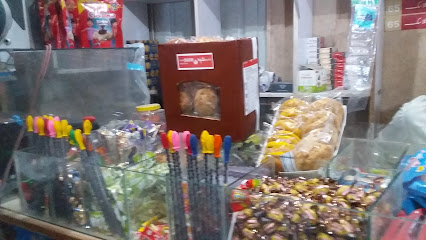
Saba shah super store
Explore Saba Shah Super Store in Abbottabad for a diverse shopping experience that combines quality, variety, and local flavor.
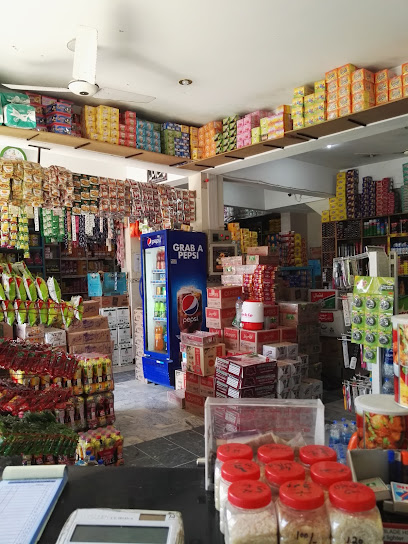
Essential bars & hidden hideouts
Urban cafe & restaurant
Explore Abbottabad's vibrant café culture with delicious food and a lively atmosphere, perfect for tourists seeking a memorable dining experience.
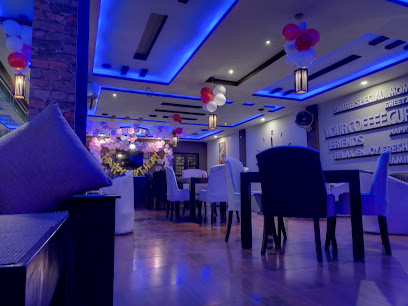
HangOut Lounge Abbottabad
Discover HangOut Lounge in Abbottabad for a unique dining experience blending local and international flavors in a vibrant atmosphere.
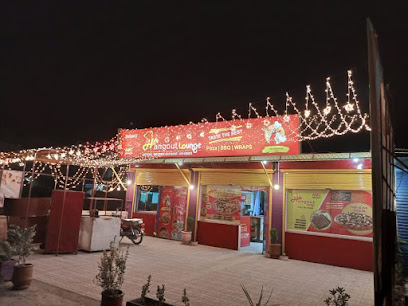
kaghan colony hill
Discover the serene beauty of Kaghan Colony Hill in Abbottabad, where lush landscapes meet rich culture for an unforgettable getaway.
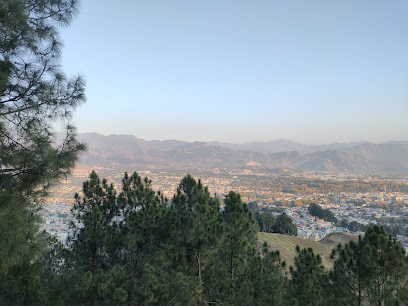
Deshan Snooker Club
Discover the ultimate snooker experience at Deshan Snooker Club in Abbottabad, where fun, competition, and camaraderie meet.
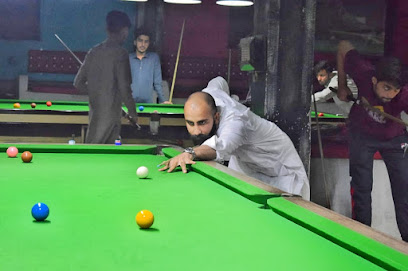
The Piza Company
Discover the best pizza experience at The Piza Company in Abbottabad, where every slice is crafted with quality ingredients and local flavor.
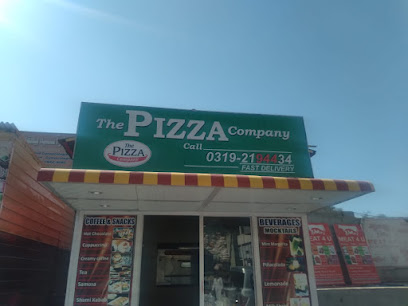
Captain unique
Enjoy mouth-watering fast food at Captain Unique, Abbottabad's vibrant dining spot known for its delicious menu and welcoming atmosphere.
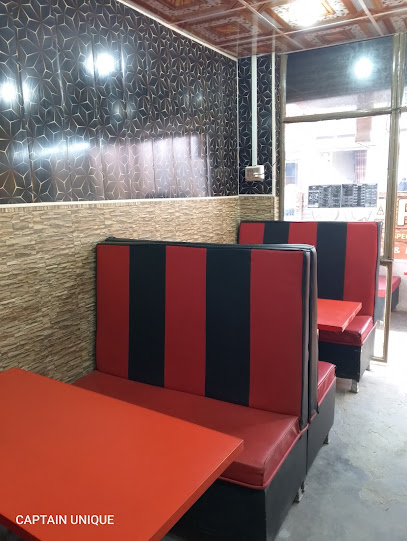
BBQ Night
Experience the vibrant flavors of BBQ Night in Abbottabad, where grilled delicacies meet a lively atmosphere for an unforgettable dining experience.
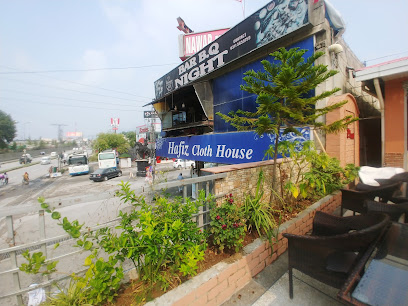
Anaya Juice Bar
Savor refreshing juices and smoothies at Anaya Juice Bar, a vibrant hub in Abbottabad for healthy delights and local flavors.
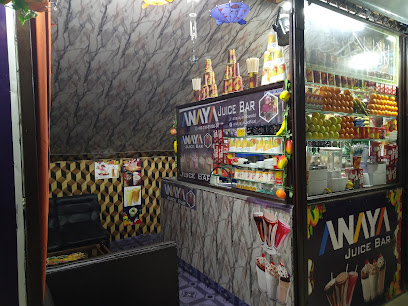
Cafe Dubai
Experience the vibrant flavors and cozy ambiance of Cafe Dubai in Abbottabad, a must-visit bar for tourists seeking relaxation and local cuisine.
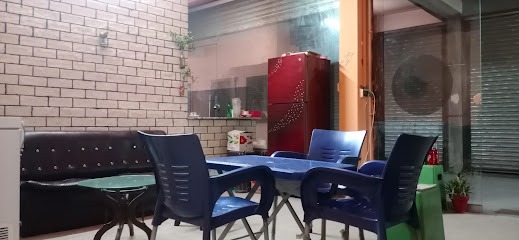
New Bismillah Resturent & Mash Allah Bar B Q
Experience the authentic taste of Pakistani barbecue at New Bismillah Restaurant & Mash Allah Bar B Q in Abbottabad.

Turkish Pizza & Bar
Savor the delicious blend of traditional and fast food flavors at Turkish Pizza & Bar in Abbottabad, a culinary gem for every traveler.

Chaudhary Milk and Lassi Shop
Experience the authentic taste of Pakistan at Chaudhary Milk and Lassi Shop, known for its creamy lassi and local milk treats in Abbottabad.
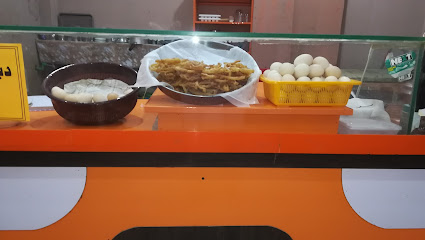
City Cold Bar
Experience the vibrant atmosphere and refreshing drinks at City Cold Bar, Abbottabad's top spot for relaxation and socializing.

Abbttaobad
Discover the natural beauty and rich culture of Abbottabad, the perfect retreat in Khyber Pakhtunkhwa, Pakistan.
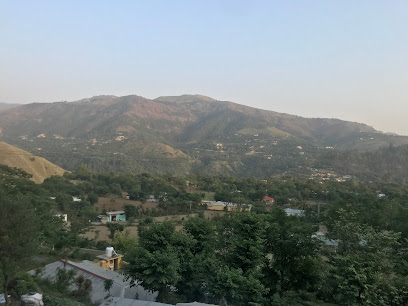
Local Phrases
-
- Helloسلام
[salaam] - Goodbyeخدا حافظ
[khuda hafiz] - Yesہاں
[haan] - Noنہیں
[nahin] - Please/You're welcomeمہربانی/خواہش مند ہیں
[mehrbani/khwahish mand hain] - Thank youشکریہ
[shukriya] - Excuse me/Sorryمعذرت
[maazrat] - How are you?آپ کیسے ہیں؟
[aap kaise hain?] - Fine. And you?ٹھیک ہوں۔ آپ؟
[theek hoon. aap?] - Do you speak English?کیا آپ انگریزی بولتے ہیں؟
[kya aap angrezi boltay hain?] - I don't understandمجھے سمجھ نہیں آیا
[mujhe samajh nahi aya]
- Helloسلام
-
- I'd like to see the menu, pleaseبراہ کرم مینو دکھائیں
[barah e karam menu dikhayen] - I don't eat meatمیں گوشت نہیں کھاتا
[main gosht nahi khaata] - Cheers!چیئرز
[cheers] - I would like to pay, pleaseبراہ کرم بل کریں
[barah e karam bill karein]
- I'd like to see the menu, pleaseبراہ کرم مینو دکھائیں
-
- Help!مدد!
[madad!] - Go away!چلے جاؤ!
[chale jao!] - Call the Police!پولیس کو بلائیں!
[police ko bulayen!] - Call a doctor!ڈاکٹر کو بلائیں!
[doctor ko bulayen!] - I'm lostمیں گم ہو گیا ہوں
[main gum ho gaya hoon] - I'm illمیں بیمار ہوں
[main bimar hoon]
- Help!مدد!
-
- I'd like to buy...میں خریدنا چاہتا ہوں...
[main khareedna chahta hoon...] - I'm just lookingمیں صرف دیکھنے آیا ہوں
[main sirf dekhne aya hoon] - How much is it?یہ کتنا ہے؟
[ye kitna hai?] - That's too expensiveیہ بہت مہنگا ہے
[ye bohot mehnga hai] - Can you lower the price?کیا آپ قیمت کم کرسکتے ہیں؟
[kya aap qeemat kam kr sakte hain?]
- I'd like to buy...میں خریدنا چاہتا ہوں...
-
- What time is it?وقت کیا ہوا ہے؟
[waqt kya hua hai?] - It's one o'clockایک بجے ہیں
[aik bajay hain] - Half past (10)دس بج کر پندرہ منٹ ہو رہے ہیں
[das baj kar pandrah minute ho rahe hain] - Morningصبح
[subah] - Afternoonدوپہر
[dopehar] - Eveningشام
[shaam] - Yesterdayکل
[kal] - Todayآج
[aaj] - Tomorrowکل
[kal] - 1ایک
[aik] - 2دو
[do] - 3تین
[teen] - 4چار
[chaar] - 5پانچ
[paanch] - 6چھے
[chhe] - 7سات
[saat] - 8آٹھ
[aath] - 9نو
[no] - 10دس
[das]
- What time is it?وقت کیا ہوا ہے؟
-
- Where's a/the...?کہاں ہے...
[kahan hai...] - What's the address?پتہ کیا ہے؟
[pata kya hai?] - Can you show me (on the map)?کیا آپ مجھے دکھا سکتے ہیں (نقشہ پر)؟
[kya aap mujhe dikhayen (naqsha par)?] - When's the next (bus)?اگلی (بس) کب ہے؟
[agli (bus) kab hai?] - A ticket (to ....)ایک ٹکٹ (سے ...)
[aik ticket (se ...)]
- Where's a/the...?کہاں ہے...
History of Abbottabad
-
Abbottabad was founded in 1853 by Major James Abbott, a British colonial administrator, after whom the city is named. Abbott established the town as a military garrison, taking advantage of its strategic location and pleasant climate. The city quickly developed as an administrative and military hub during the British Raj.
-
During the British Raj, Abbottabad served as an important military cantonment and a key administrative center. The British built numerous colonial-era buildings, including the famous St. Luke's Church, which still stands today. The town's picturesque scenery and salubrious climate made it a popular retreat for British officials and their families.
-
With the partition of India in 1947, Abbottabad became part of the newly formed Pakistan. The city saw an influx of refugees from India, which contributed to its growing population. Despite the initial turmoil, Abbottabad continued to thrive as a military and educational center in Pakistan.
-
Abbottabad is renowned for its educational institutions, most notably the Pakistan Military Academy (PMA) at Kakul. Established in 1947, PMA has trained many of Pakistan's military leaders. The city is also home to several prestigious schools and colleges, making it a center of learning in the region.
-
Abbottabad gained international attention in 2011 when Osama bin Laden, the notorious leader of al-Qaeda, was killed in a covert operation by U.S. Navy SEALs. Bin Laden had been hiding in a compound in the city for several years. This event brought a sudden global focus on Abbottabad and its strategic importance.
-
Abbottabad boasts a rich cultural heritage with its blend of local traditions and colonial influences. The city celebrates various cultural festivals, including Eid, Basant, and local fairs. Traditional music, dance, and cuisine are integral parts of the city's cultural fabric, offering visitors a glimpse into the vibrant lifestyle of its residents.
-
Abbottabad is a gateway to the scenic northern areas of Pakistan. Popular tourist attractions include the serene Harnoi Lake, the lush green Shimla Hill, and the historic Ilyasi Mosque. The city's colonial architecture, beautiful parks, and bustling markets make it a delightful destination for visitors.
Abbottabad Essentials
-
Abbottabad is located in the Khyber Pakhtunkhwa province of Pakistan. The nearest major airport is Islamabad International Airport, approximately 120 kilometers away. From Islamabad, you can take a taxi, hire a private car, or use public transport such as buses to reach Abbottabad. The journey typically takes around 2 to 3 hours by road. The Karakoram Highway passes through Abbottabad, making it accessible by road from various parts of the country.
-
Within Abbottabad, you can use local taxis, rickshaws, and minibuses for short trips. Ride-hailing services like Uber and Careem are also available. For exploring the surrounding areas, renting a car can be a convenient option. Abbottabad's scenic locations and nearby hill stations like Nathiagali are best explored by car. Public buses and coaches connect Abbottabad to other major cities in Pakistan.
-
The official currency in Pakistan is the Pakistani Rupee (PKR). Credit and debit cards are accepted in most hotels, restaurants, and larger shops in Abbottabad, but it's advisable to carry cash for smaller establishments and local markets. ATMs are readily available throughout the city, but ensure you have some cash on hand for emergencies.
-
Abbottabad is generally considered a safe city for tourists. However, it is advisable to take standard precautions. Avoid walking alone at night in less populated areas and keep an eye on your belongings in crowded places. While Abbottabad does not have specific high-crime areas targeting tourists, it's always best to stay vigilant and aware of your surroundings.
-
In case of an emergency, dial 15 for police assistance, 115 for medical emergencies, and 16 for fire services. Abbottabad has several hospitals and clinics for medical emergencies, including the Ayub Medical Complex. It is recommended to have travel insurance that covers medical emergencies. Pharmacies are available throughout the city for minor health issues and over-the-counter medications.
-
Fashion: Do dress modestly, especially when visiting religious or public places. Avoid wearing revealing clothing. Religion: Do respect local customs and traditions. Always remove your shoes when entering mosques and religious sites. Public Transport: Do be respectful and give up your seat to elderly passengers. Don't eat or drink on public transport. Greetings: Do greet people with a handshake. A slight nod or saying 'Assalamu Alaikum' (Peace be upon you) is a common greeting. Eating & Drinking: Do try local delicacies and accept food offerings graciously. Don't refuse hospitality, as it is considered impolite.
-
To experience Abbottabad like a local, visit the local markets such as the Fawara Chowk and Main Bazaar where you can buy fresh produce and traditional Pakistani goods. Engage with locals, as they are often friendly and willing to share stories about the city's history and culture. Don't miss visiting the Shimla Hill and Ilyasi Mosque, two iconic sites in Abbottabad. For a unique experience, take a walk in the Abbottabad Golf Club or enjoy a picnic at the Harnoi Lake.
Trending Landmark in Abbottabad
-
Ayubia National Park
-
Ilyasi Masjid
-
Lady Gorden Public Park
-
Thandiani Top
-
Shimla Pahari Park
-
Usmania Restaurant
-
Baloch Mess
-
Ayubia Motto Tunnel
-
Harnoi Picnic Point, Abbottabad
-
MNAK Restaurant Abbottabad
-
Jadoon Plaza Phase 2
-
Abbottabad Chairlift
-
deMinister Cafe, Abbottabad
-
Jadoon Plaza Phase 1
-
Kashmir Cloth Shopping Mall
Nearby Cities to Abbottabad
-
Things To Do in Murree
-
Things To Do in Islamabad
-
Things To Do in Rawalpindi
-
Things To Do in Kaghan
-
Things To Do in Naran
-
Things To Do in Swat
-
Things To Do in Peshawar
-
Things To Do in Gilgit
-
Things To Do in Jammu
-
Things To Do in Chitral
-
Things To Do in Sialkot
-
Things To Do in Gujranwala
-
Things To Do in Skardu
-
Things To Do in Faisalabad
-
Things To Do in Lahore










